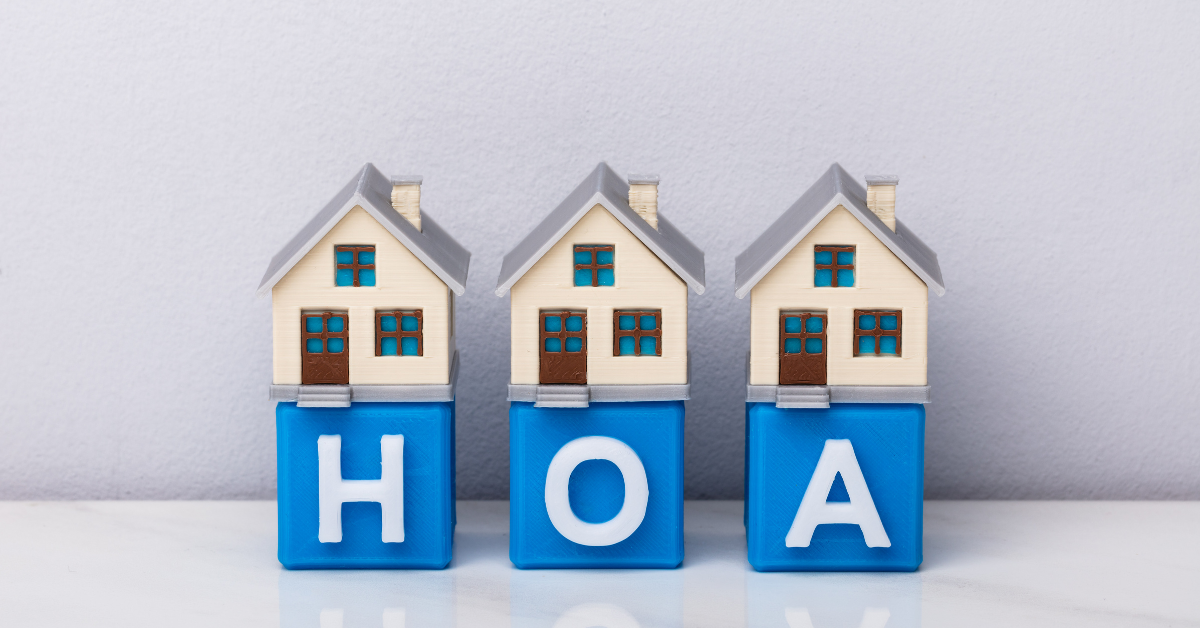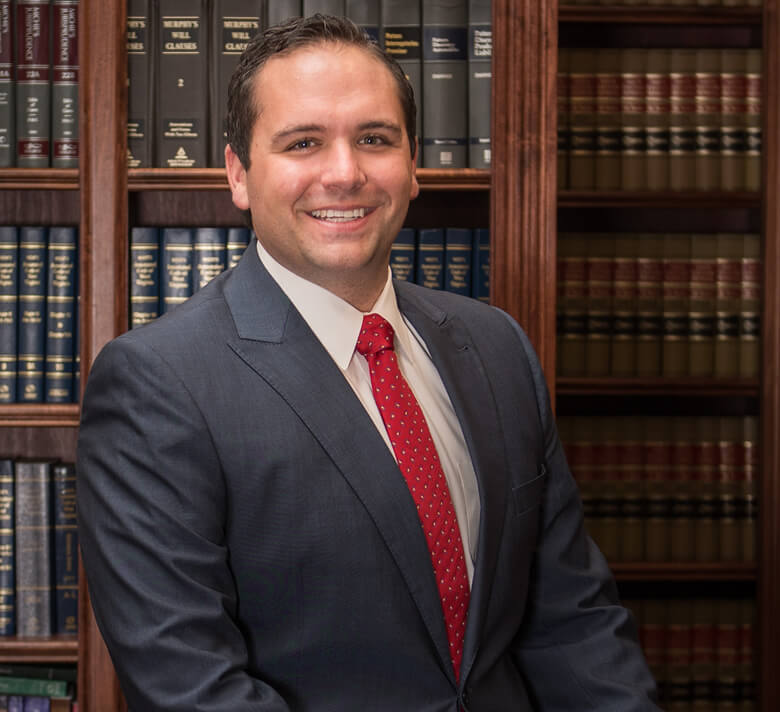
Accidents on properties managed by Homeowners Associations (HOAs) can lead to complex legal situations. If you’ve been injured on an HOA property in West Virginia, understanding who is responsible and your legal rights is crucial. This guide will help you understand these waters and know what steps to take if you find yourself in this situation.
An HOA is responsible for maintaining common areas within a community. These areas typically include clubhouses, pools, gyms, sidewalks, and streets. The HOA has a legal obligation to ensure these areas are safe for residents and visitors. This means they must regularly inspect, repair, and address potential hazards.
In contrast, individual homeowners are generally responsible for the upkeep of their private properties, including their yards, decks, and the interior of their homes. If an injury occurs in these private spaces, the homeowner, not the HOA, may be liable.
Common areas managed by the HOA are shared spaces that everyone in the community uses. These can include:
Accidents can happen in any area, but certain types are more common on HOA property:

The HOA has a duty to maintain a safe environment in common areas. This includes:
If the HOA fails to uphold these responsibilities and an accident occurs as a result, they may be considered negligent. This negligence could make them liable for the injuries that result from their failure to maintain safe premises.
To hold the HOA accountable, you need to prove:
Gathering evidence is crucial to support your claim. Important items include:
You can pursue legal action against the HOA if:
If your injury happened inside a private home or yard, the homeowner might be responsible. The HOA typically covers only common areas. For injuries in private areas, you might need to file a claim against the homeowner’s insurance.
In some cases, you might be able to sue both the HOA and the homeowner, especially if the injury involved both common and private areas. This could increase your chances of receiving fair compensation.
If you decide to file a claim against the HOA, consider these steps:
Involving multiple parties in your claim can be advantageous. If both the HOA and a homeowner are liable, you can pursue compensation from both sources. This approach can help cover all your expenses and losses.

A lawyer specializing in premises liability can:
– Assess Your Case: Determine who is liable and the strength of your claim.
– Navigate Legal Processes: Handle paperwork, deadlines, and legal procedures.
– Maximize Compensation: Negotiate with insurance companies and ensure you receive the full amount you’re entitled to.
Look for a lawyer with experience in handling HOA-related cases and a track record of successful outcomes. They should offer a free consultation to discuss your case and help you decide the best course of action.
If you’ve been injured on HOA property, contact a premises liability lawyer for a free consultation. They can help you understand your legal options and guide you through the process of seeking compensation. Call Manchin Injury Law Group to get the support you need.

Member at Manchin Injury Law Group
Attorney at Personal Injury

Attorney Timothy Manchin established the Manchin Injury Law Group in 2011 after his law partner of more than 25 years became a West Virginia circuit court judge. His focus is on helping individual clients and entire families victimized by negligent acts.
We offer a free initial consultation at our office in the Manchin Professional Building — our home since 1983 — conveniently located in Fairmont.
If you are unable to visit our firm, we can come to your home or hospital room.
Fill out the form below to get in touch!